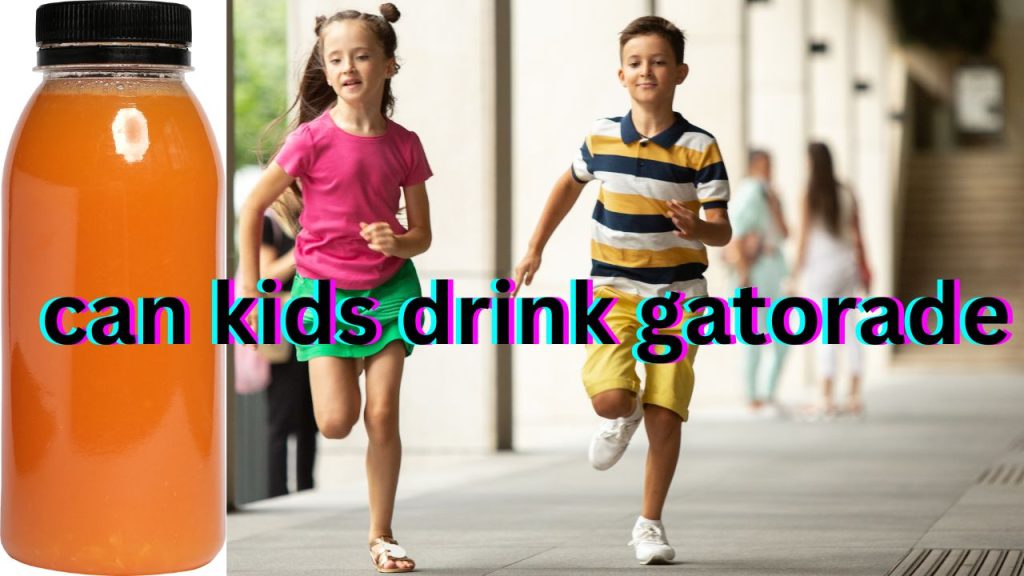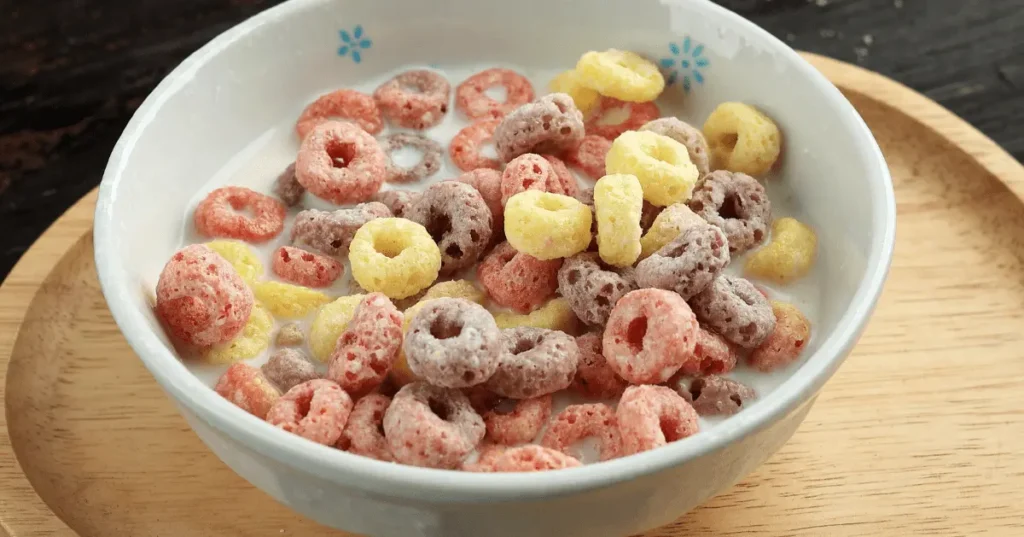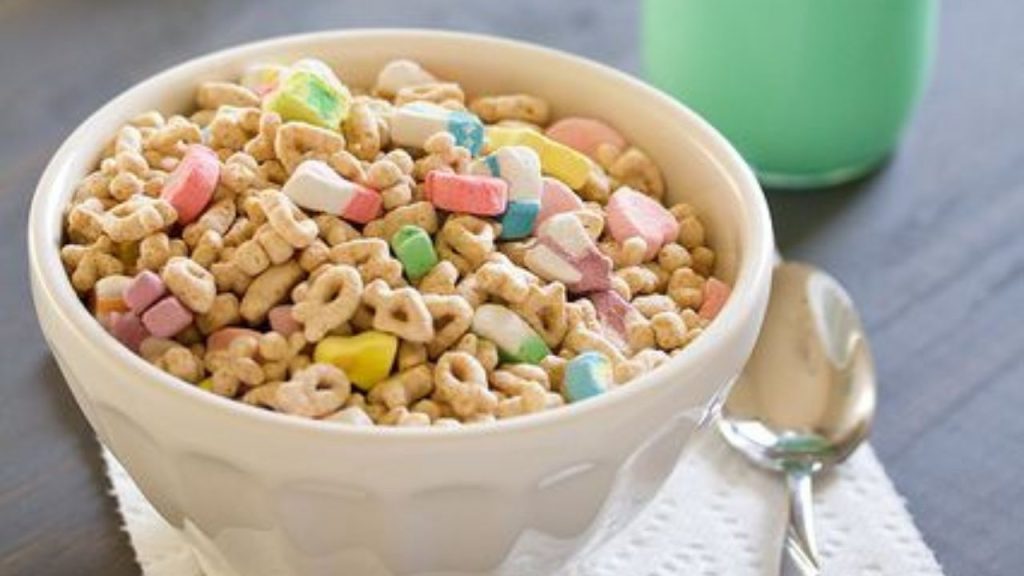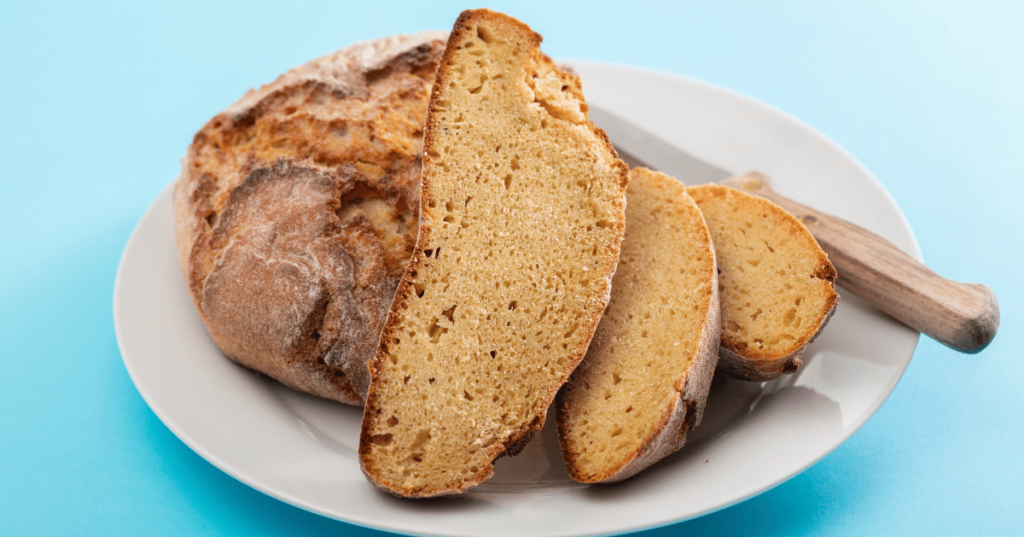Can kids drink Gatorade? Discover the facts about Gatorade’s safety, benefits, and risks for children. Learn when it’s helpful and when water is the better choice.
Can Kids Drink Gatorade?
Gatorade has become one of the world’s most recognized sports drinks, alongside athletes and hydration and replenishment. But when it comes to kids, a question many parents find themselves asking is: **”Is Gatorade safe for my child to drink?”** This is particularly pertinent where, more often than not, marketing and peer influence are what often drive young people to want what their favorite sports heroes have.
In this article, we are going to explore the science behind Gatorade, its ingredients, and whether it’s suitable for children. Using evidence-based research and case studies, we’ll give you all the facts you need to make an informed decision.
Gatorade was first created in 1965 by a University of Florida research team to hydrate their football players, known as the Gators, who played at extreme levels. The purpose of its creation is to replenish lost fluids, electrolytes, and energy, which are lost through sweat from intense physical activity.
The essential ingredients found in Gatorade are:
1. Water: Hydration.
2. Electrolytes: Sodium and potassium maintain the balance of fluids in the body.
3. Sugar: It serves as rapid energy supplied during prolonged exercise.
Gatorade does make sense for athletes, but the whole story is different for a child.
Do Kids Need Gatorade?

Understanding Electrolyte Needs
Electrolytes are critical components of maintaining hydration and muscles. As the person perspires, the electrolytes are lost from the body and must be replenished to prevent dehydration and the proper functions to occur in the body. The average child is simply not in any activities that would withdraw any significant level of electrolytes.
For most kids, regular water and a balanced diet are enough to keep the electrolyte level normal. A study published in the *Journal of Nutrition and Dietetics* claimed children lose very minimal amounts of electrolytes during physical activity, especially when compared to adults or elite athletes.
Amount of Sugar in Gatorade
One of the most alarming issues with Gatorade is its sugar content. A 20-ounce bottle contains around **36 grams of sugar**, which translates into a little more than 9 teaspoons of sugar. The American Heart Association states that kids between 2 to 18 years old should not get more than **25 grams of added sugar per day**.
Excessive sugar intake in children is associated with the following health conditions:
– Weight gain and obesity. Increased risk of type 2 diabetes. Cavities, cavitations, and other dental problems.
Unless your child is engaging in sustained, strenuous exercise for more than an hour or so, the sugar content in Gatorade likely outweighs its benefits.
Gatorade and Dehydration in Children

Under What Circumstances Does Gatorade Really Help?
Although in most cases water is enough, Gatorade may be beneficial to young athletes if they take part in the following situations:
1. Longer Physical Activity:
When a child engages in intense sports over an hour-long duration such as soccer tournaments or marathon training.
2. Illness:
Children lose a lot of fluids and electrolytes while vomiting or suffering from diarrhea. A pediatrician can prescribe electrolyte drinks, such as Gatorade, to avoid dehydration under these conditions. Still, oral rehydration solutions like Pedialyte can be more favorable as they have less sugar but higher levels of electrolytes.
Parents should observe for dehydration in a child, especially after activity or illness. The signs of dehydration are: dry mouth, fatigue or dizziness, dark yellow urine or decreased urine output, sunken eyes, and extreme thirst.
Rehydration is important in these cases, though Gatorade may be appropriate in the short term, typically water or low sugar electrolyte solution is preferred.
Case Study: Gatorade and Youth Sports
The *American Academy of Pediatrics* (AAP) analyzed drinking habits among young athletes. The research concluded that:
– 40% of young athletes preferred sports drinks such as Gatorade during games instead of plain water.
– Most children engaging in leisurely sports did not lose electrolytes or fluids to a level that necessitated sports drinks, such as Gatorade.
– In children, frequent consumption of sports drinks was related to high amounts of sugar intake above the daily recommended amount, which negatively impacts with obesity development .
The AAP reached a conclusion that sports drinks, such as Gatorade, should be used only for prolonged vigorous activities lasting more than an hour. For activities that last less, water is the best beverage option.
Gatorade Ingredients: What Parents Need to Know
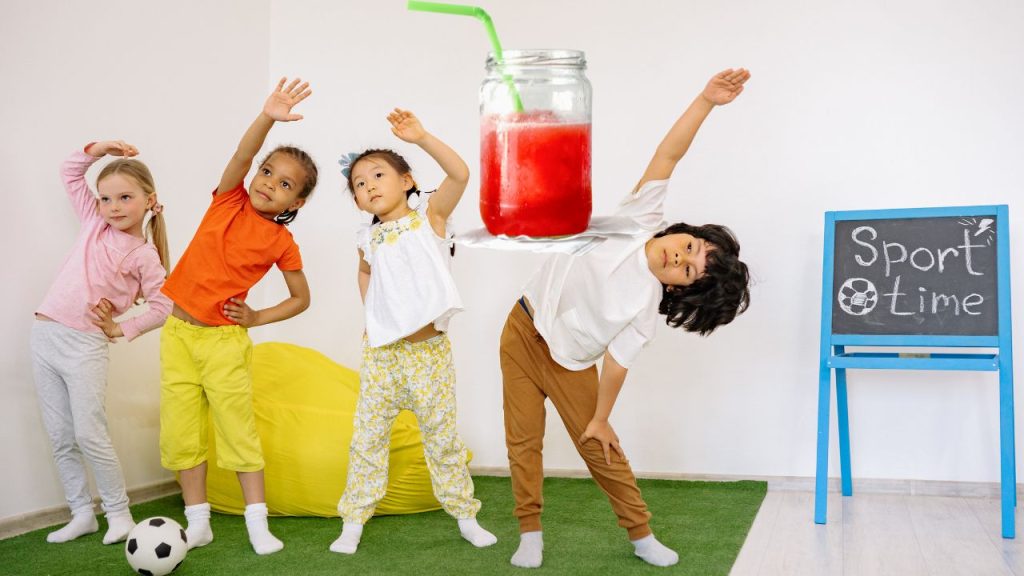
In order to understand whether Gatorade is safe for kids or not, its main ingredients should be scrutinized as follows:
1. Water:
the primary ingredient that hydrates the consumer
2. Sugar (Sucrose and Dextrose):
These quickly provide the energy needed but make up a major part of the drink’s calorie content
3. Sodium and Potassium:
Both are electrolytes that regulate fluid balance, muscle function.
4. Artificial Colors and Flavors:
Yellow 5 or Blue 1, among other chemicals, add the bright colors to Gatorade, but these ingredients hold no nutritional value. Some parents may be concerned that artificial additives could trigger an allergic reaction or behavioral effects.
As mentioned above, Gatorade has too much sugar, which is not at all good for kids. Consuming high-sugar liquids consistently has been associated with weight gain, insulin resistance, and dental issues in children.
2. Artificial Ingredients
Some consumers and their parents might feel worried due to the added artificial dyes and flavors of Gatorade. Though FDA approved, some literature reports some incidence of artificial dyes which might be linked to hyperactivity in children suffering from ADHD.
3. Risk of Dependency
This may make kids associate hydrating with flavored drinks, particularly Gatorade. Hydration preference would decline for them in favor of plain water.
Alternatives to Gatorade

For parents seeking healthier hydration options for their kids, here are some alternatives:
1. Water:
Always the first choice for hydration.
2. Infusion Water:
Slice oranges, lemons, or strawberries and put them into water to get a refreshing taste.
3. Coconut Water:
Natural source of electrolytes with less sugar than Gatorade.
4. Electrolyte Drinks Homemade:
Mix water with a pinch of salt and splash of fruit juice to get a simple type of electrolyte solution.
5. Pedialyte:
Designed for kids, these electrolytes have no excess sugar and are given to children who find relief from electrolyte imbalances.
Recommendations for Parents
Here are some tips to help you make informed decisions about hydration for your child:
1. Encourage Water First:
Teach your child that water is the primary drink for hydration.
2. Limit Sports Drinks:
Save Gatorade for situations where it’s genuinely needed, such as prolonged sports activities or illness.
3. Check Labels:
You should always read the labels of drinks given to your child, so you know the sugar and calorie content.
Conclusion:
So, Can Kids Drink Gatorade? The right answer is **yes-but only in moderation and under the proper circumstances**. Gatorade is very important in case of intense sports activity or during an illness, but most children should drink plain water.
For parents, one has to consider the specific requirements and activity level of their child before getting them into sports drinks. Hydration doesn’t have to be complicated: Simple choices like water and a balanced diet go a long way in keeping that child healthy and active.
Stay hydrated, stay informed, and help your child make the right decisions for their growing body!

